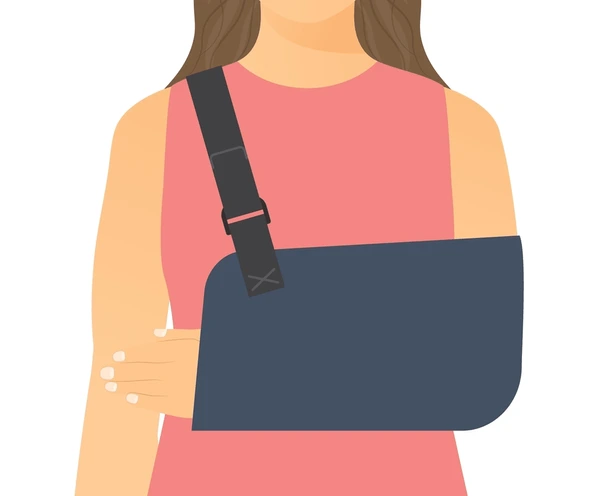In recent years, there has been an increasing trend toward sub-specialization. In order to become an orthopaedic surgeon, for instance, one completes 4 years of medical school, followed by a 5 to 6 year residency program. In the past, most surgeons would then enter practice as a “generalist” and treat conditions all over the body such as foot problems, hand problems, hip problems, and shoulder problems. Over time some of these “generalists” would then develop a sub-specialty practice in which they narrowed the focus of their practice. However, it is now more common for orthopaedic surgeons to complete a fellowship beyond residency training. A fellowship is a 1-2 year period of additional training in which sub-speciality training is obtained in a specific area such as joint replacement, hand, sports medicine, spine, or shoulder.In our group practice, we believe that fellowship training and sub-specialization has a substantial positive impact on patient outcomes. All physicians at Southern Oregon Orthopedics are required to have completed a fellowship before he or she can join our group. In fact, we are the only group in Southern Oregon and one of only a few in all of Oregon and Northern California to have this policy. Why? The answer is simple - studies across multiple specialties from general surgery to orthopaedic surgery have shown that patient outcomes are improved in the hands of a sub-specialist.In the shoulder, for instance, this is clear with both shoulder replacement and rotator cuff repair. A study by Sherman et al, demonstrated that revision (or need for a second operation) after rotator cuff repair was lower in the hands of a surgeon who commonly performed rotator cuff repair. Similarly, complication rates after shoulder replacement have been shown to be lower in the hands of a surgeon who performs this procedure commonly. Unfortunately, the majority of shoulder replacements are performed by surgeons who perform less than 3 a year. It’s known that surgical time (the length of the operation) regardless of the type of procedure has a direct correlation with the chance of infection. Beyond about 2 hours, the chance of an infection increases substantially. Obviously a surgeon who commonly performs a procedure, with a team of assistants who are well-trained, will be able to perform a surgery more efficiently.Patients considering shoulder surgery, or any surgery for that matter, should consider the experience of their surgeon and pay particular attention to sub-specialty (fellowship) training before deciding to proceed.
Similar posts



